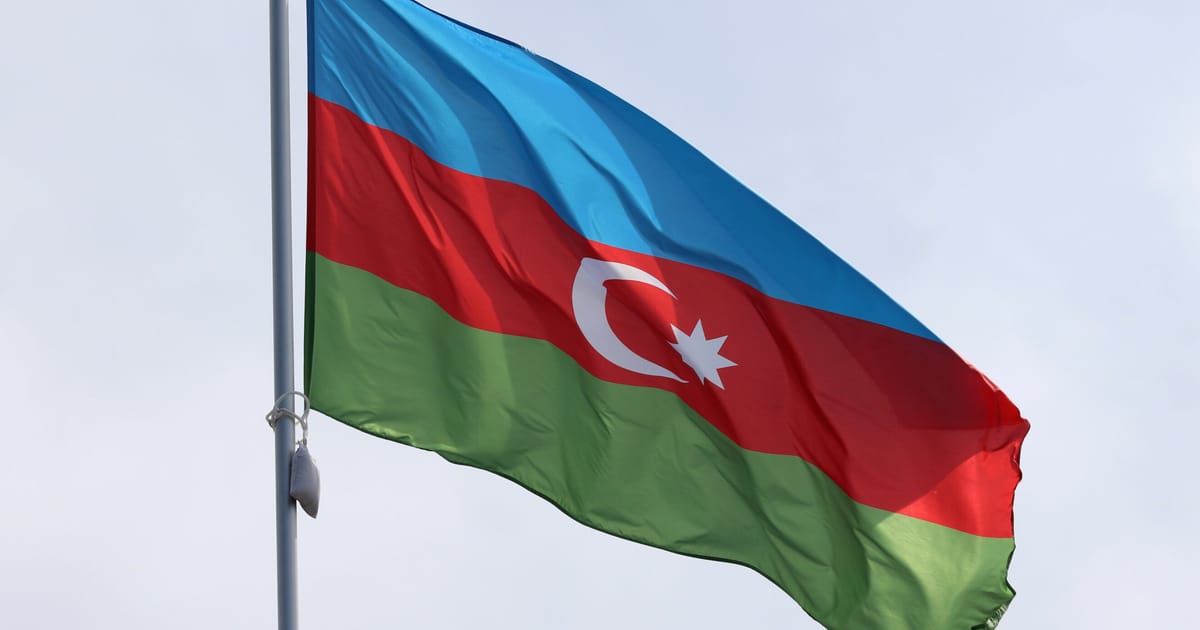

In the intricate tapestry of global events, recent developments have brought the spotlight to the deeply concerning situations in Gaza and the tensions faced by Azeris in Russia. These challenges draw attention not only to the individual and collective struggles involved but also to the ongoing diplomatic efforts aimed at resolution.
On Monday, the situation in Gaza reached an intense point as Israel launched waves of airstrikes, which resulted in the displacement of tens of thousands and the tragic loss of many Palestinian lives. This escalation follows new orders prompting residents in northern Gaza to seek safety elsewhere. Local officials report approximately 60 fatalities, underscoring the critical humanitarian impact. These actions coincide with expectations for senior Israeli advisers to engage in Washington with U.S. officials for discussions aimed at brokering a new ceasefire agreement. This move towards potential dialogue has been partly influenced by calls for peace from former U.S. President Donald Trump, who has advocated for negotiations to end the longstanding conflict and secure the release of hostages held by Hamas.
In parallel, reports have emerged from Russia concerning the treatment of Azeris. Notably, a statement from the European Union ambassador to Azerbaijan has condemned the alleged inhuman treatment of Azeri individuals within Russian territories. This critique arises amidst claims of severe mistreatment of detainees and follows reports from Russian investigators acknowledging the deaths of two individuals during arrests tied to older criminal cases. These revelations highlight the underlying tensions and the need for careful diplomatic handling to avoid further strife.
Amid these complex narratives, the international community remains vigilant. Member states of the United Nations have expressed concerns regarding the humanitarian situation in Gaza. In particular, these members accuse Israel of actions that suggest a disregard for civilian welfare, characterizing them as inhumane. In response, the United States has asserted its commitment to working towards improving the humanitarian conditions on the ground, while cautiously ensuring no empowerment is given to terrorist factions. This delicate balancing act illustrates the complicated nature of international politics where humanitarian concerns must be weighed against security considerations.
These situations in Gaza and with the Azeri community in Russia are reflective of the broader dynamics in international relations today. While the human cost associated with these conflicts is immeasurable, the hopeful prospect lies in the potential for diplomatic engagement. Efforts by global leaders to mediate and facilitate peace talks are reminders of the positive impact that diplomacy can bring. As countries come together to address these issues, there is an opportunity for redefining relationships and fostering peace and security for affected regions.
Nevertheless, the paths to resolution and reconciliation require continuous effort, patience, and goodwill. The ongoing dialogues and global attention emphasize the need for commitment at all levels—personal, national, and international—to transcend the existing challenges. As events unfold, the hope remains that constructive conversations will pave the way for lasting peace and mutual understanding, contributing to a world where such stories are no longer the norm but rather a distant memory.
Source: {link}
